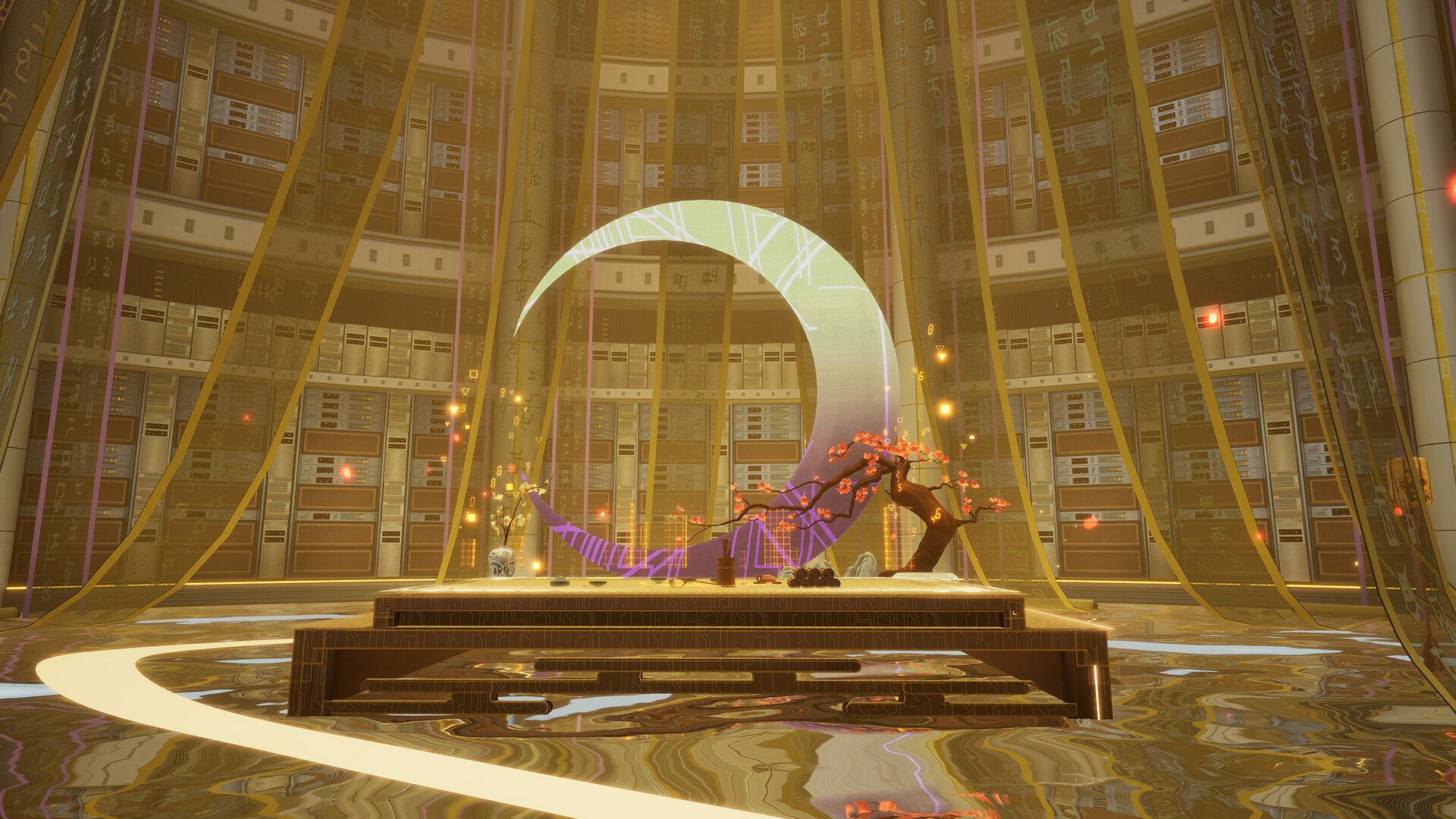There are no arenas in Tower of Fantasy—only decaying architecture and corrupted eyes that never blink. Each movement etches interference into the void, every shift in your path a signal sent into the silence of a system too broken to forget. There are no roars of the crowd here—only the suffocating hum of surveillance and judgment. From the first flicker of awareness to the last system shutdown, you're not following a path—you’re forcing one, inside a loop written long before you ever logged in.
The descent into the quarantined layers of Vera and Aesperia doesn’t offer paths—it offers interrogations. Each segment is a reflection of what the system thinks you fear most: isolation, instability, invisibility. Some sequences stretch you to your code limit—time slows, terrain re-renders, and you’re forced to make split-second decisions on collapsing surfaces while suppressed warnings scream through your interface. These aren’t moments that test skill. They test clarity, precision, and how long you can operate under recursive pressure.
Then the fractures open wide: full-zone lockdowns, enemy blitz events, data storms, collapsing corridors, and AI anomalies that pour from void gates with no signal, no logic, and no restraint. You'll encounter moments designed to overwrite your sense of control—ambushes that knock you off your path before you register they’ve begun, and geometric rooms built from paradox—spaces that reorient to unmake your intuition, bend perception, and rewrite what forward even means.
Tower of Fantasy doesn’t offer a climb—it pulls you into a cascade of broken layers, protocol by corrupted protocol, failure by redesigned failure. The deeper you breach, the more the system remembers. Echoes from purged events leak into your vision, forgotten updates reanimate threats, and failed memories from prior cycles try to overwrite your current run. You won’t “complete” this place—you’ll fragment with it. Each phase is a record of collapse. Each reboot carries new scars. And every floor below removes more of what made you predictable.
By the time silence returns, and the signal stabilizes, you won’t be thinking about what’s ahead. You’ll be counting the pieces of yourself you left behind. What’s waiting below is just the final version of you the system wants to see. And you’ll meet it only if you survive long enough to become it.
- 🔹 Gauntlets that fracture your rhythm with volatile terrain and kinetic overload
- 🔹 Clarity earned through system shock, nerve latency, and split-second recalibration
- 🔹 Routes that rewrite themselves with every failed traversal sequence
- 🔹 Threats born in silence—delivered by code, steel, and artificial hate
“When cognition collapses, motion takes over. Your trajectory is the final log the system writes.”— Archivist Vexia-7, Echo Core Blacksite
Enter the derelict frameworks of forgotten iterations—where stillness isn’t quiet, it’s data compression before a spike. There are no guides, no checkpoints—just corrupted pathways and motion-triggered protocols waiting to execute. In the crashfields of Echo Core, movement isn’t navigation—it’s assertion. Your sprint is a declaration to systems that want you erased. Traps don’t warn. They calculate. Air doesn’t carry sound—it’s dense with static and the low hum of repurposed kill routines.
You advance through legacy wreckage and bio-synced vaults where shadows are formed from broken algorithms and the terrain reconfigures when your pulse spikes. You’re not escaping. You’re rewriting access by bleeding through its firewall. What remains of you is measured in frames—frames where hesitation kills and silence thinks you’re already dead. You are tracked by entropy, shaped by loop decay, and remembered only by the footprints you leave scorched into the grid. Here, names don’t survive—only error logs do.
